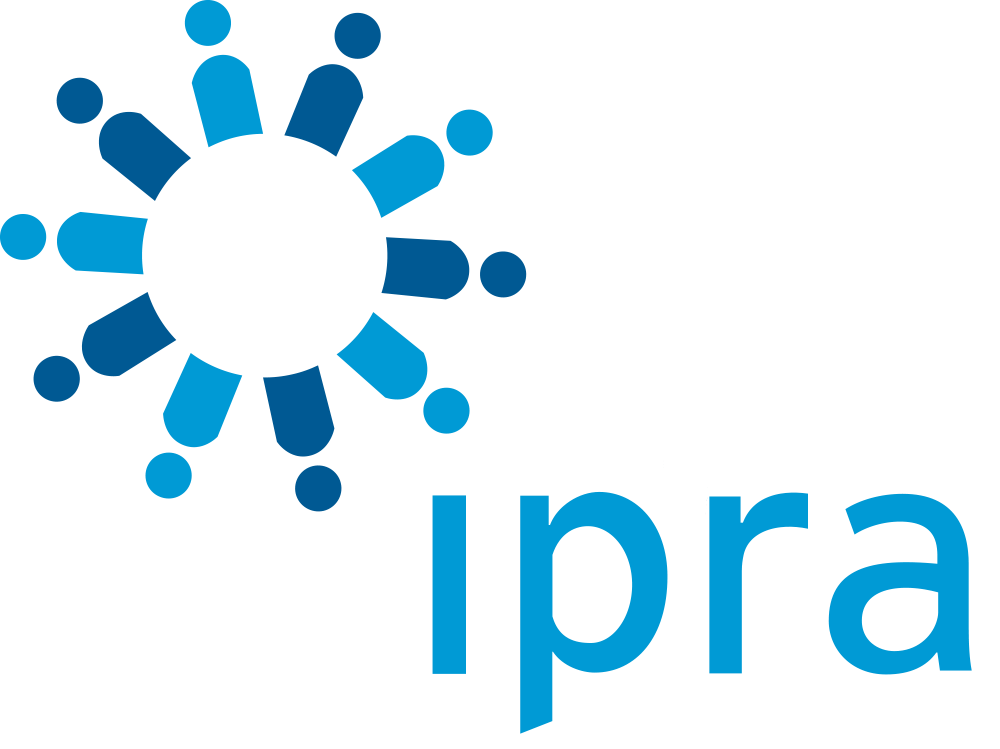ITL #481 Listening in action for employees: internal comms during crisis
1 year, 10 months ago
(Comments)
Research finds that organizations still don’t listen to their employees enough. And women feel less listened-to than their male counterparts. By Shannon A. Bowen.
Getting your employees and team members back on track after the tumultuous events of the past two years can be a manager’s biggest challenge. There is no new normal because everyone is different and employees are now facing unusual stresses and challenges on an individual level.
Working towards the best work environment for each employee may be difficult but will be worth the investment in time and listening. Here are some proven ways to get things back on track by listening to the perspectives of employees coming straight from my newest research on internal communication during crisis.
Don’t ignore the elephant in the room. Talk with your employees about how things have changed, current stresses, and problems they face resulting from Covid, family in war zones, difficulty finding childcare, or whatever they feel like bringing up.
Has working remotely -- and then non-remotely in various iterations -- influenced their productivity? Are they afraid that their changing work mode may also affect their annual performance review, bonus, salary, professional development, or promotion prospects?
Most importantly, ask for ideas from your team members on how to address this aspect of assessment. It may be that certain areas of employee performance count more now than others in the past (hello, Zoom meetings), or that more time is given for completing certain projects or assignments, or that entire portions of workload are omitted from the annual review.
It may be that asking employees to list a few new skills or competencies they learned during these challenges can help them feel more confident about their performance review. Anonymously sharing skills, ideas, and means of overcoming challenges may provide a source of motivation and innovation for your employees. Innovative thinking oftentimes results from necessity, after all.
Listen to your people
Genuinely listening to employees and team members is essential. My recent research found a listening to speaking ratio in organizations of around 20% listening to 80% talking. That ratio is not an ideal one for maintaining a relationship, motivation, engagement, and rising to the challenges of crisis situations.
My research also shows that female employees believe they are less-listened-to by management than their male counterparts. Offering opportunities for all employees to add feedback and insight at every level of an organization (front-line employees to top-level) is a best practice – and one that is more important in the post-pandemic world than ever.
Informal means of feedback, anonymous comments, and “how’s it going?” discussions are often preferred over a formal employee survey because they are quicker and can often gain more candor than traditional surveys.
Act on your feedback
Further, and perhaps the most disturbing result, my study also revealed that a number of organizations collect employee feedback yet do not act on it. Asking for an employee to take their time to complete a survey, yet not acting to change anything within the organization, implies that management is not interested in what people have to say.
If they’re not interested in you, they don’t value your opinion. That’s a dangerous line to walk and I advise organizations to always take steps to implement changes based on employee feedback, surveys, or even informal comments. It’s vital to not only listen but also take action … and to tell people how you’re taking action.
Finally, another useful purpose of listening: ask your employees how they would like opportunities for professional development, leadership, or team management to be offered. My research shows that many people may feel disengaged from their positions after months of remote work, or that their teamwork and leadership skills have not been used or valued.
How can you change this perception? What opportunities might you offer for camaraderie or team leadership? For example, might you rotate who is leading the meeting agenda for a team each week? Offering employees a different opportunity to interact as a team leader, mentor, feedback giver, sounding board or similar may allow them to feel valued and give them overt permission to interact in new ways, furthering connection.
Celebrate rising to the challenge. What can your team (or company, for that matter) learn from the past two years in terms of your strengths? Research shows that organizations tend to survive and thrive during crisis when they remain flexible.
Flexibility in the face of adversity builds a strong team and resilience. Leaders and organizations that are resilient not only survive but also can thrive in tumultuous times.
Here’s to thriving!

The Author
Shannon A. Bowen, PhD
Shannon A. Bowen, PhD, Professor, USA, University of South Carolina. As an applied ethicist in the communication field, Dr. Bowen designs ways to interact more authentically with internal publics, and to analyze ethical responsibilities with analytical accuracy, profound insight, and efficacy. She is an industry-leading author with 30+ years of research experience in strategic PR across corporate, governmental, political, and NGO contexts.
mail the authorvisit the author's website
Forward, Post, Comment | #IpraITL
We are keen for our IPRA Thought Leadership essays to stimulate debate. With that objective in mind, we encourage readers to participate in and facilitate discussion. Please forward essay links to your industry contacts, post them to blogs, websites and social networking sites and above all give us your feedback via forums such as IPRA’s LinkedIn group. A new ITL essay is published on the IPRA website every week. Prospective ITL essay contributors should send a short synopsis to IPRA head of editorial content Rob Gray emailShare on Twitter Share on Facebook


Comments